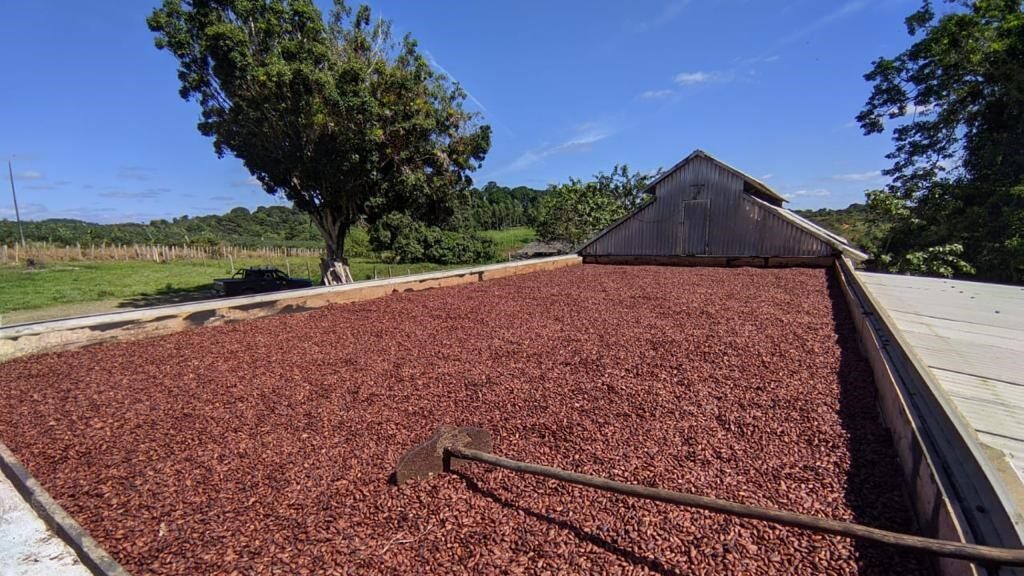Supported by Fundo Vale and CocoaAction Brasil, the tool will help promote decent work and facilitate the creation of policies and best practices for the sector

The promotion of decent work should be a key practice when we aim to support sustainable production chains. To map and mitigate labor-related vulnerabilities, InPACTO, with the support of Fundo Vale and CocoaAction Brasil, created the Cocoa Vulnerability Index. Designed specifically for the cocoa sector, this initiative addresses the unique characteristics of Brazil’s cocoa industry by mapping the socioeconomic and labor conditions in producing regions. This tool aims to help eradicate slave-like labor in the sector and promote decent work.
The Cocoa Vulnerability Index seeks to strengthen sustainability and promote fair and dignified practices in the production chain. It facilitates the development of compliance and social sustainability initiatives, allowing companies to prioritize actions in the most critical regions of their production chains. For public sector managers, it provides a solid basis for targeting inspection resources and developing public policies. For civil society, the index serves as a foundation for advocacy and mobilization campaigns, with the aim of drawing attention to the areas most in need of intervention.
“We support initiatives to restore areas through agroforestry systems, including sustainable cocoa planting. We saw this InPACTO project as an opportunity to make a fundamental tool available to the parties involved in evaluating new cocoa production projects, which specifically strengthens this production chain, respecting human rights and guaranteeing decent and fair working conditions – essential criteria for Fundo Vale in all the partnerships we establish,” said Liz Lacerda of Fundo Vale’s Partnerships and Business Promotion Area.
The index focuses on identifying productive areas facing situations of greater vulnerability, based on variables such as income, education, health and access to public services. The index’s modeling combines general and sector-specific variables, using advanced techniques such as principal component analysis and regression analysis.
“We believe that the Cocoa Vulnerability Index can be a useful and efficient tool for analyzing social vulnerabilities in Brazil’s different cocoa-producing municipalities, thus contributing to the formulation of public policies, the construction of strategies, risk analysis and decision making by the different actors who work in the production chain, thereby strengthening the promotion of decent work, which is a priority for CocoaAction Brasil,” said Guilherme Salata, the initiative’s general coordinator.
